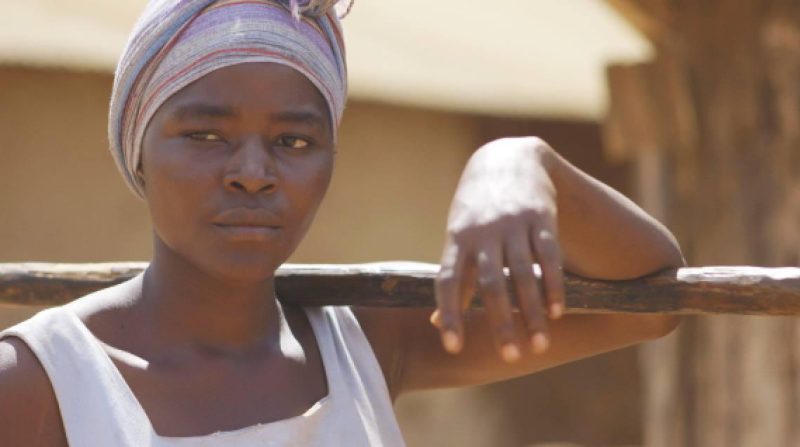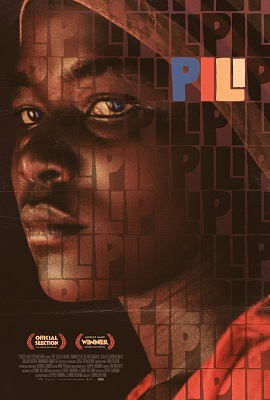Researcher and film producer Sophie Harman shows us a different way of doing science communication with her work on the film “Pili”.

Misfortunes never come alone. That proverb seems to be fitting when you watch the drama ‘Pili’, a young, poor, hardworking and HIV-positive single mother, struggling to provide for herself and her two kids in rural Tanzania. The movie gives us an insight into the daily-life risks, barriers and consequences for women like Pili. From a Global Health perspective, we see how well renowned services, such as free health-care, micro-loan for women and education for children, can actually be very difficult and costly to access for marginalized women. It might be that the HIV medicine is provided free of charge at the local health center, but would you risk having your HIV status revealed to the people in your community?
Examples like this, and many others, shows us the complexities of the barriers and obstacles for the individual women in their struggle to improve the life of themselves and their kids. “We did not want to make a film that sentimentalizes, that says Pili is going to pull herself out from poverty and everything was going to be all right at the end” said Sophie Harman, producer of the film and Global Health Politics researcher at Queen Mary, University of London during a screening of the film in Oslo. The screening was part of the “Global Health Unpacked” seminar series, a collaboration between the Centre for Global Health and the research group Power and Politics of Global Health, Centre for Development and the Environment at University of Oslo.
Show it, don’t just tell it in scientific journals
The story is a part of a research project by Sophie Harman and inspired by her fieldwork and interviews from more than 80 women. To her the film is a way of telling the story of the individual woman and her challenges, which research, policy and news stories often forget and overlook when discussing issues of global health policy.

“I felt like this was a story I had had in me for a long time”. – Sophie Harman
These individual stories contains an important explanation to why the interventions developed to increase the health, wealth and equality of women and marginalized groups in developing countries, does not always work out the way they are intended to by economist, politicians and public health leaders. As such, the film is not “just” a drama, it is also a different way of communicating the results of many years of research, targeting an audience outside academia and scientific journals. Parallelle to the film, Sophie Harman has also described the process of the project on the blog NotAnotherAIDSFilm.com, which gives an interesting insight into both methodologic, etchical and very practical aspects of the work with producing the film, resembling an online log of etnographic fieldnotes.
A positive cast
Though «Pili» delivers an important message in its story-telling and focus, it also walks the talk in the way the movie has been developed and produced. The film does not only tell the story from real-life women living with HIV, the women has also been asked to partake as actors in the actual movie. The movie only has one professional actor on the role-list, the rest are people who actually live in the community in which the story takes place.
As the movie focus on HIV-positive women and their struggles in life, this mean that 65 % of the cast in the movie are HIV-positive themselves. In this way the project has taken an important stand in involving, including and supporting the HIV-positive women of the community, which was also important to Sophie Harman, “All the profits from the film goes back to the women and the community, so it will be interesting to go back and see how they think of it a year down the line two years down the line, I am very interested in that”.
Pili was awarded the audience-award for Best Film at Dinard British Film Festival and Sophie Harman is currently travelling around, screening the movie. Pili is represented by Studio Soho Films and will be available on DVD and On Demand in 2019.
This text was first published on the website of the University of Oslo.

